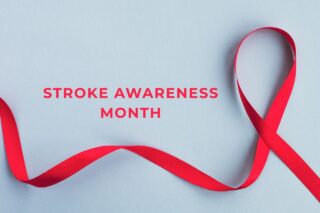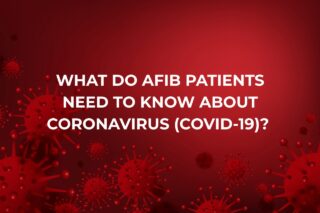
If you take medication to help control your AFib, you need to be careful about the other medicines you use. Many popular over the counter drugs can react when mixed with your AFib medication and affect your heart.
Herbal Remedies and Supplements
Many people hold the false assumption that all herbal medicines are made entirely from naturally-derived products, and therefore shouldn’t be considered any different than the food you eat. Actually, herbal supplements and remedies can cause many different types of reactions in AFib patients, including changes in heart rate and blood pressure. In many cases, herbal medicines can be riskier than conventional ones, because they are not as well-regulated and haven’t been subjected to the numerous tests that the FDA requires for approval. Talk to your doctor before taking any supplements.
Cold/Flu Medications
People who have AFib need to be especially careful of OTC cold and flu medications because they often contain a combination of different drugs in order to treat multiple symptoms. Watch out for cold/flu medications that contain decongestants because they can cause your blood pressure to spike and may impact the efficacy of your AFib medication. OTC nasal sprays are generally considered a better choice for patients with high blood pressure.
Antibiotics
Antibiotics have the advantage of being prescribed, so your doctor should be able to help you avoid most treatments that are likely to impact your AFib. However, there are still some risks when taking antibiotics. One study found that azithromycin—commonly prescribed as Z-Pak®—sometimes leads to a heart arrhythmia or a rapid heartbeat. It is a rare occurrence, but you should make sure any doctor knows about your history with AFib when prescribing antibiotics.
Pain Relievers
The Cleveland Clinic recently concluded a 10-year study on the effects of nonsteroidal anti-inflammatory drugs (NSAIDs) on the heart that consisted of over 24,000 patients. They ultimately found that prescription doses of the big three NSAIDs—ibuprofen, naproxen sodium, and celecoxib—each carried a slight increase in the risk of certain heart conditions. Although the risk is small, patients with pre-existing heart arrhythmias or conditions are advised to consult their physician before regularly taking these OTC pain relievers.
If you or a loved one are living with a heart rhythm disorder, contact Heart Rhythm Consultants. Dr. Dilip Mathew is board certified in Cardiology & Cardiac Electrophysiology and has been serving patients in Sarasota and surrounding cities including Venice, Tampa and Sun City Center for over a decade.



